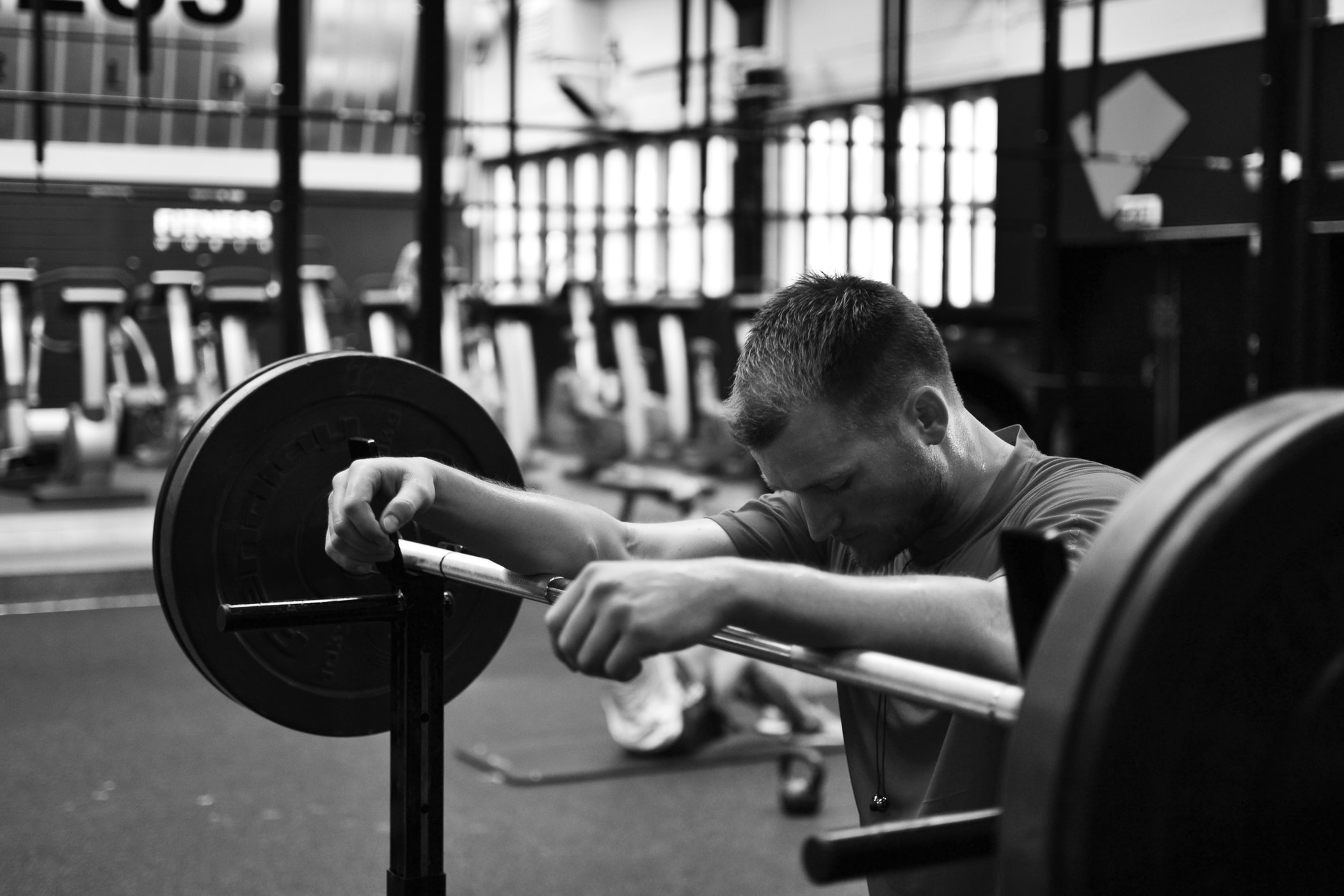Are You Talking or Listening to Yourself?
You’re four minutes into a 15 minute AMRAP and you're already feeling your heart beating a hole through your chest. You’re gasping for air, and what seemed like a sweet little WOD is turning into a fight for your life. We have all been in this situation, and we’ll all be there again. A lot of thoughts flood your mind, and you start questioning everything. Is this worth it? Why can't I feel my legs? Why do you put yourself through this day after day? Am I even making progress? Why am I so slow? Why, why, why?
If you think this only happens to you then you’re sadly mistaken. CrossFit, along with other high levels of training, can bring a variety of emotions and thoughts. It happens to professional athletes just like it happens to the newest person in the box. Have thoughts like this ever crept into your mind?
“I’m not good enough."
“I’m weak.”
“I’m slow.”
“I can’t believe I have to do 50 burpees”
“This is terrible”
If you've ever thought something similar to those things, that’s ok. You’re human. And honestly, if this stuff was easy, CrossFit gyms would be on every corner. There will be times when you have some doubt and start questioning your why.
My question for you is pretty simple, during tough times are you talking to yourself or listening to yourself?
Listening to yourself is when you let the negative thoughts take control of you. Talking to yourself is when you take control of negative thoughts. You take control by speaking positivity to yourself. Research shows there are 4 specific categories of positive self-talk.
Calming/relaxing (i.e.“Take a deep breath.”)
Calming self-talk helps our mind and body relieve stress physically-taxing demands can create. Trying to grind out a long set of wall balls or double unders can cause our bodies to tighten and breathing speed up as we strain to make the next rep. You'll find this self-talk helpful when facing high-intensity work.
Instructional (i.e.“Bend your knees.”)
Instructional self-talk can be seen as "coaching yourself". This is when we focus our attention on points of performance in a movement we need to hit. "Knees out, weight in heels." as we go down into the squat. "Big shrug, elbows through," as we tackle a heavy clean. This self-talk keeps our mind sharp as we move through the work, which helps us avoid injury.
Motivational (i.e. “Yes! Come on, let’s go!”)
Time to be your own cheer leader. Motivational self-talk is meant to drown out the noise of minds are trying to tell us. When you want to quit or slack on the pace, it's time to tap into your inner-motivational speaker and get moving. Seconds are precious, and every rep counts. Go get it!
Focus (i.e.“One more rep.”)
The art of focused self-talk can be leveraged when our minds begin to overwhelm us with the body of work we are asked to perform. For example, you're in the middle of your 2nd round of a workout requiring you to get through 6 rounds and you're already #done. The amount of work left feels beyond overwhelming. Help yourself, by keeping focused on the immediate task at hand, and celebrate each win along the way. Before you know it, round 6 is done. #fistbump
Here are some positive alternatives to the negativity that can come into all of our heads:
- “I’m not good enough” vs “I will do the best I can.”
- “I’m weak” vs “I love to challenge myself and see what I can do.”
- “I’m slow” vs “This is fun and I’m lucky to be here.”
- “I can’t believe I have to do 50 burpees” vs “It’s only 5 sets of 10 burpees.”
- “This is terrible” vs “I love this and it makes me feel alive.”
So, when you're in the middle of an especially hard workout...what are you telling yourself? Are you your worst enemy, or your biggest cheerleader?
Sources:
https://www.positiveperformancetraining.com/blog/the-truth-about-positive-self-talk

